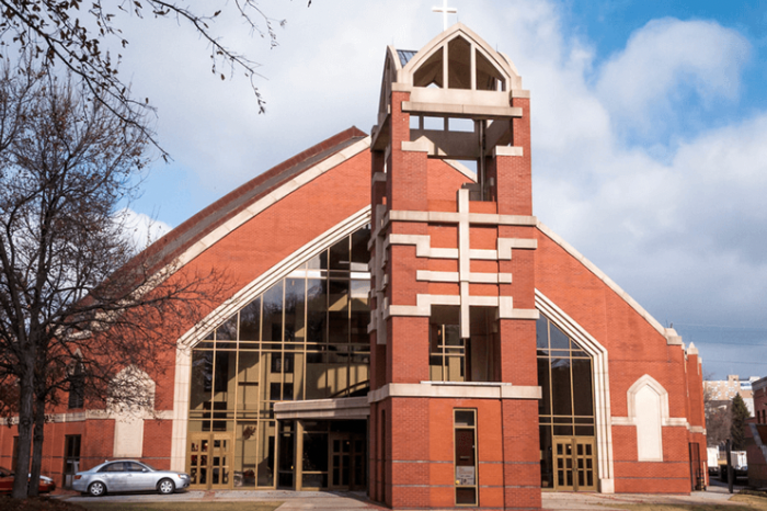
The Atlanta First United Methodist Church has recognized the natives of the Muscogee land in celebration of the Indigenous Peoples' Day on Monday, Oct. 11.
In a Facebook post on Tuesday, Oct. 12, the Atlanta First United Methodist Church acknowledged the Muscogee people who lived, worked and worshipped on the land where the First United Methodist Church campus stands now.
The methodist church said it recognized the resilience of the natives in the face of grave injustices as they were coerced into relinquishing their land and forcibly displaced only fifteen years before the church's founding.
The Atlanta First United Methodist expressed humbly seeking repentance for complacency in this oppression and land dispossession.
The church underscored to commit to doing a better job naming the Muscogee legacy in history.
They also encouraged the public to educate themselves on the works of the Indigenous people in Atlanta and other parts of the country. They vowed to steward resources to respect the historic caretakers and seek reparations for broken relationships.
Muscogee Nation
The Muscogee nation, based in Okmulgee, Oklahoma, is a self-governing native American tribe, according to the Muscogee Nation's website.
The website added that with 86,100 people, the Muscogee nation is the fourth biggest tribe in the United States and one of the five civilized tribes.
The website stated that an executive branch, a legislative body, and a tribal judicial system make up the tribe's government.
The nation's website reported that the Muscogee nation is a multifaceted organization that includes cultural tourism, casinos, businesses, and a higher education institution.
According to the website, the Muscogee people are descended from a spectacular society that encompassed the whole region known as the Southeastern United States before 1500 AD.
As part of their elaborate ceremonial complexes, the Muscogee's forefathers built magnificent earthen pyramids along the rivers of this region, the website stated.
It added that the historic Muscogee, also known as mound builders, later created sprawling communities in the present-day states of Alabama, Georgia, Florida, and South Carolina inside these same broad river basins.
The website shared that more than a century after the dark days of the allotment era, Muscogee Indians are actively engaging in the process of adopting and practicing the rights and duties of a sovereign country.
The Muscogee, as a culturally distinct people, recognize the importance of learning and understanding their extraordinary historical and cultural heritage, it added.
Indigenous Peoples' Day
According to NPR Organization's website, President Biden signed a proclamation designating Oct. 11 as a day to recognize native Americans, their perseverance, and their contributions to American civilization throughout history, despite years of assimilation, prejudice, and genocide last Friday.
The organization said the move redirects attention away from Columbus Day, the federal holiday honoring Christopher Columbus, which this year falls on the same day as Indigenous Peoples' Day.
The NPR stated that Biden's proclamation formalizes a day that an increasing number of states and towns have begun to recognize.
Last week, Boston joined Arizona, Oregon, Texas, Louisiana, Washington, D.C., and several other states in declaring Indigenous Peoples' Day on the second Monday in October, according to the report.
It added that the majority of the work to achieve native Americans had done this.
More stories from Crossmap:
Northside Church in Atlanta, Georgia to hold open air worship, blessing of pets





